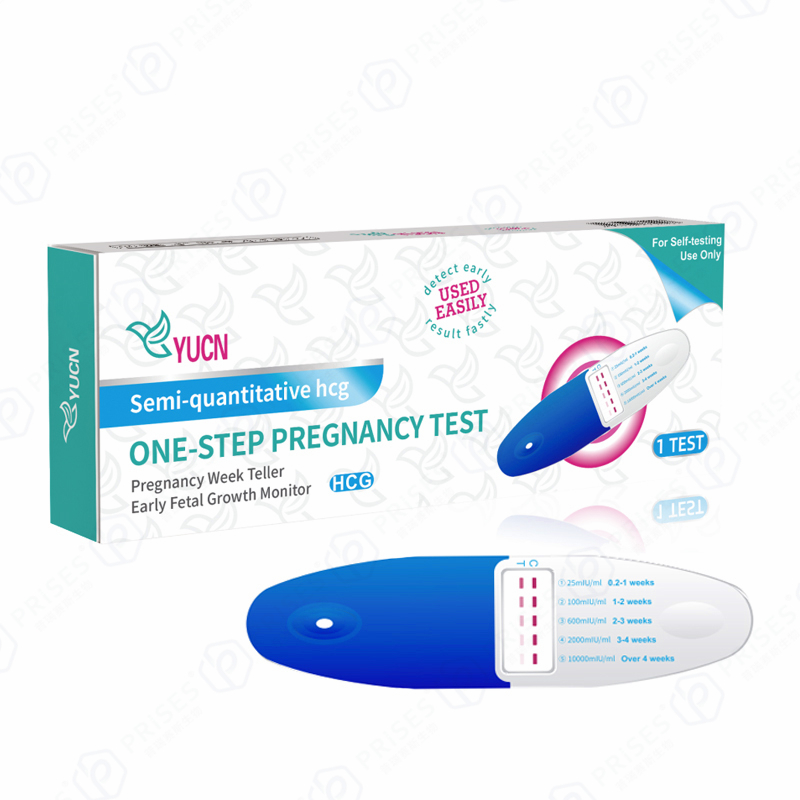Dec . 14, 2024 07:54 Back to list
buy best h pylori test manufacturer
Discovering the Best H. Pylori Test Manufacturer for Your Needs
When it comes to diagnosing Helicobacter pylori (H. pylori) infections, choosing the right test manufacturer is crucial for obtaining accurate and reliable results. H. pylori is a type of bacteria that can lead to serious digestive problems, including gastritis, peptic ulcers, and even stomach cancer. Therefore, the demand for high-quality H. pylori testing products has increased significantly in recent years.
Understanding the Importance of H. Pylori Testing
H. pylori infections are relatively common worldwide, affecting a significant portion of the population. Many individuals may not even be aware that they are infected; symptoms can be mild or even absent. Thus, effective testing is essential for identifying the presence of the bacteria and ensuring appropriate treatment. Accurate testing not only helps in diagnosing the infection but also aids in monitoring the treatment’s effectiveness.
Types of H. Pylori Tests
There are several methods available for testing H. pylori, each with its own advantages and disadvantages. The most common tests include
1. Breath Test This non-invasive method measures the level of carbon dioxide in the breath after ingesting a urea solution. It is widely regarded as accurate and convenient.
2. Blood Test This test detects antibodies to H. pylori in the bloodstream. However, it may not distinguish between past and current infections.
3. Stool Antigen Test This test identifies H. pylori antigens in a stool sample. It is effective for both diagnosis and confirming eradication after treatment.
4. Endoscopy with Biopsy Although more invasive, this method provides direct evidence of H. pylori presence in the stomach lining. This is generally reserved for cases where serious conditions are suspected.
When selecting a manufacturer for H
. pylori testing kits, it is essential to consider the type of test being offered and its suitability for your specific circumstances.buy best h pylori test manufacturer

Criteria for Choosing the Best H. Pylori Test Manufacturer
1. Product Quality Ensure that the manufacturer adheres to high manufacturing standards and obtains necessary certifications. ISO and CE certifications are indicators of quality compliance.
2. Accuracy and Reliability Look for reviews and scientific studies that validate the accuracy of the test kits provided by the manufacturer. Effective tests should have a high sensitivity and specificity rate.
3. Customer Support A reputable manufacturer will offer comprehensive customer service, including technical support, user manuals, and training materials for healthcare providers.
4. Price While cost should not be the sole consideration, it is important to find a balance between quality and affordability. Compare prices from different manufacturers but do not compromise on quality for a lower price.
5. Reputation in the Healthcare Industry Research the manufacturer’s standing within the medical community. A well-regarded brand is often a safer choice, as they are more likely to invest in product development and customer satisfaction.
6. Innovative Technology With advancements in technology, newer testing methods are emerging. Look for manufacturers that utilize the latest innovations to improve accuracy and ease of use.
Leading H. Pylori Test Manufacturers
Some of the best-known manufacturers in the industry include Abbott Laboratories, Siemens Healthineers, and Olympus. These companies have established a solid reputation through years of research and commitment to quality. Additionally, many smaller biotech firms are emerging, offering innovative products that may also fulfill high standards.
Conclusion
When it comes to diagnosing H. pylori infections, selecting the best test manufacturer is paramount. A reliable and accurate test can make all the difference in achieving effective results, leading to better health outcomes for patients. By considering quality, accuracy, reputation, and support, healthcare providers can ensure that they are using the best available resources to address this common but significant health issue. As the healthcare landscape continues to evolve, staying informed about the latest testing options and manufacturers remains essential for optimal patient care.
-
Rapid Canine Corona Test: Fast & Accurate Results
NewsAug.06,2025
-
Rapid BZO Test Kit - Fast & Accurate Benzodiazepines Detection
NewsAug.04,2025
-
China Nylon Flocking Swabs - AI Enhanced Quality Collectors
NewsAug.03,2025
-
Highly Accurate hCG Pregnancy Test Strips - 5 Min Results
NewsAug.02,2025
-
Premium Empty ABS Plastic Cassettes: Durable & Lightweight Storage
NewsAug.01,2025
-
Accurate Cocaine (Coc) Rapid Test Kit | Fast & Reliable Detection
NewsJul.31,2025

